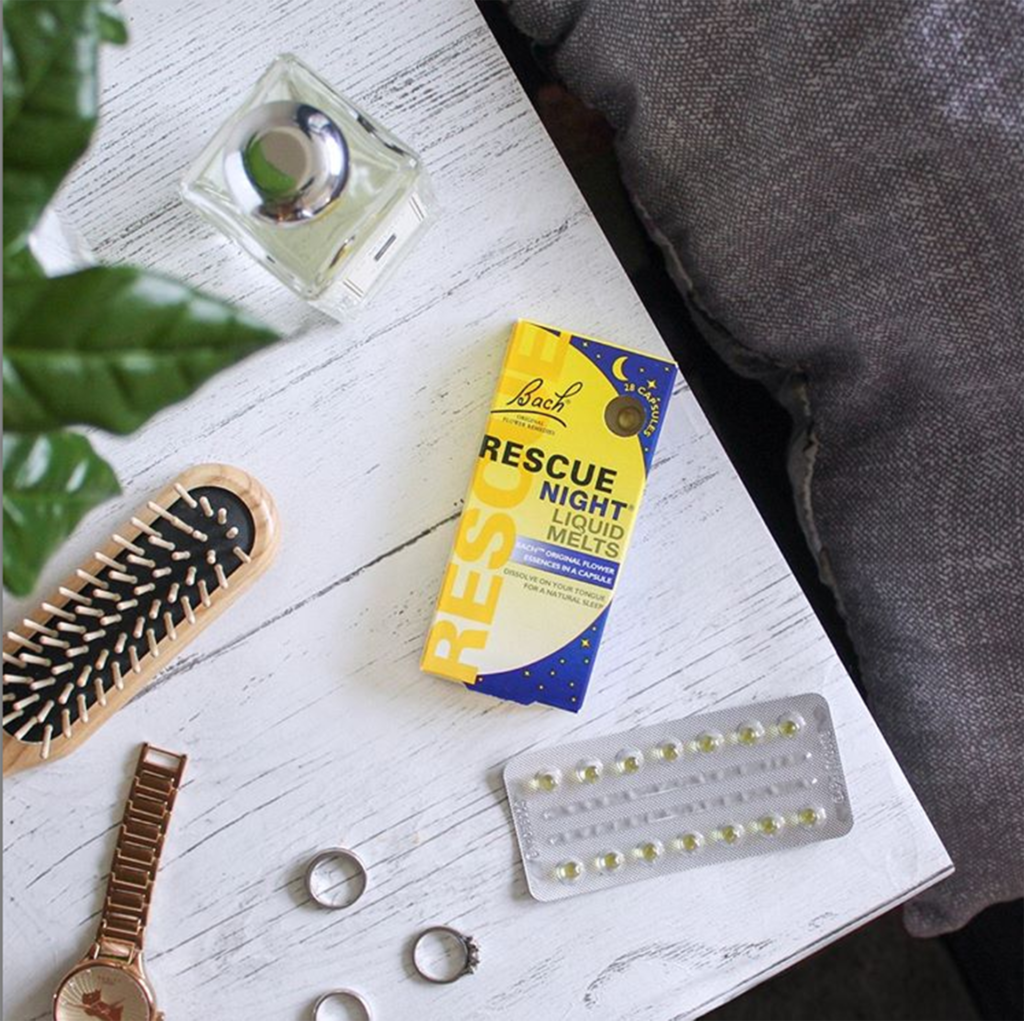Is Coronavirus Affecting The Quality Of Your Sleep?

Struggling to get some decent shut eye? Tossing and turning with weird dreams? Feeling like your body is conspiring against you to stop you drifting off to sleep? You’re not alone.
Lying in bed with worries whirling through our mind, stopping us from drifting off, is not an uncommon phenomenon. But with the current worldwide situation we find ourselves in, and many of us feeling more stressed than normal, the struggle to get a good amount of sleep can be even harder.
We are all navigating a ‘new normal’ and whilst we can’t erase the many worries and thoughts we have, there are a few small things we can control to support with a restful night’s sleep. Rescue Night® have pulled together some top tips to give yourself the best chance of a good night’s sleep.
Embrace natural light
Whether it’s a walk outside or an open window, make time to get some fresh air and natural light. If you don’t have a garden or can’t get outside, open the front door or the windows, take in some Vitamin D and try to breathe in some fresh air; 4 seconds in through your nose and 4 seconds out through your mouth.
Shut down the electronics
Ban all electronic (laptops, televisions, phones) at least one hour before bed. Not only do these devices interfere with your body’s internal clock, but with easy access to news sources and social media, it’s easy to increase your stress levels and racing thoughts before you try to wind down for bed. Try reading a book, having a bath or practising mindfulness or meditation an hour before bed instead.
Stay mindful and acknowledge your worries
Don’t chastise yourself for having fears or worries, but instead take note of these concerns and write them down a few hours before bed. Observe the thought and acknowledge that it’s normal to feel like this, but then let it go. After you’ve written down your worries, try writing down three things that you were thankful for that day; these could be small things like hearing a child laugh, the sun shining or a nice home-cooked meal.
Leave work outside of the bedroom
With many people working from home, it’s important to maintain a routine and separate work from downtime. Make sure you set up a separate workstation in your home and keep a clear demarcation between work and sleep.
Keep your heart rate down, with one exception
Avoid exercise directly before going to bed as it raises both your heart rate and core body temperate. That being said, being intimate with your partner releases oxytocin and relaxing endorphins, so feel free to give it a try!
Connect with others
Even though we’re practising social distancing, it’s important we still stay connected to those in our lives. Whether it’s a group call with friends, a family WhatsApp group, or a pub quiz via Zoom, it’s important to keep communication going. Connecting with others can help improve emotional wellbeing and diffuse stress, so that we don’t take worries to bed with us.
You can also try some physical self-help techniques, offered to us by Neil Shah, Director of the Stress Management Society:
- With a deep breath in, raise the shoulders towards the ears and hold them raised for a few seconds (you will be able to feel the tensions that may be accumulating in the shoulders), now take a long slow breath out and drop the shoulders down. Repeat this several times.
- Place the fingers of both hands at the base of your skull; apply slow circular pressures from the base of the skull to the base of the neck.
- Now close your eyes and relax the muscle of the face. Be aware of your eye muscles, your jaw and your forehead. Place the fingers of both hands on each side of the temples and slowly massage in a circular motion. Repeat several times.
- Finish by cupping your hands over your eyes and holding for several seconds. This helps to release tension and tightness in the face.
RESCUE NIGHT® dropper, spray and liquid melts cost £8.49, £10.99 and £9.20 respectively. For more information about RESCUE REMEDY® and RESCUE NIGHT®, go to www.rescueremedy.com/en. RESCUE® is available from Boots, Holland & Barrett, Superdrug, independent pharmacies and health food stores, grocery stores nationwide and online at www.amazon.co.uk.








